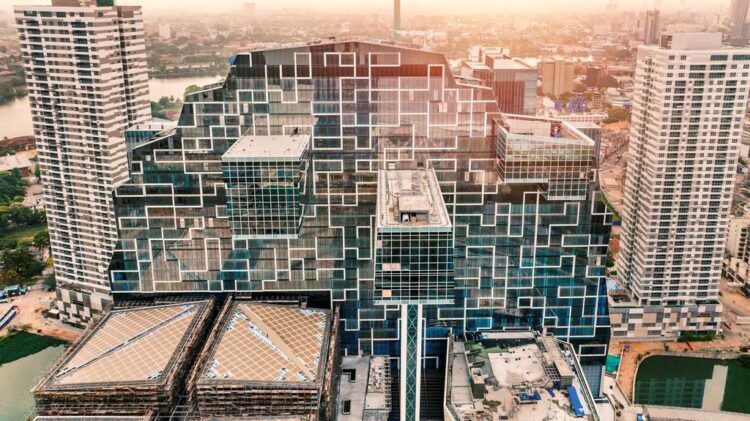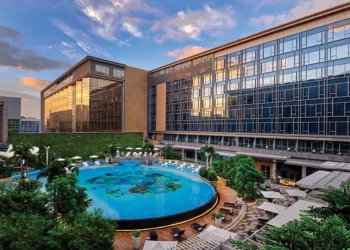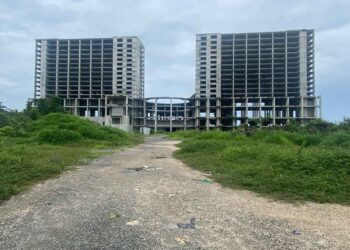Melco Resorts & Entertainment will likely pocket less than 30% of the EBITDA generated by its new Sri Lankan casino venture due to high rental and income tax requirements, according to Morgan Stanley analysts.
In a recent note, the investment bank outlined its takeaways from a meeting with local developer John Keells Holdings PLC – Melco’s partner in the Colombo casino project – including more details around financials and expected visitation.
Melco announced in April that it would partner with the Colombo-listed John Keells to operate the casino and hotel rooms at Sri Lanka’s Cinnamon Life Integrated Resort. The partnership will see the US$1 billion development rebranded as City of Dreams Sri Lanka with Melco – which will also manage the top five floors of the 800-room hotel under its Nüwa brand – to spend US$125 million to fit out and operate the property’s gaming area.
Morgan Stanley analysts Praveen Choudhary and Gareth Leung said in this week’s note that the project could be attractive for Melco given its relatively small investment, but noted the company will be required to pay between 50% and 55% of EBITDA generated by the casino to John Keels and between 30% and 40% of the remainder in income tax. This, the analysts noted, would leave Melco with no more than 30% of EBITDA in its pockets, plus management fees for its 113 Nüwa hotel rooms.
They also admitted to some skepticism around potential GGR, “which [Morgan Stanley] calculates needs to be above US$300 million to achieve US$100 million EBITDA, resulting in Melco cash flow of US$30m based on 50% EBITDA share and 40% tax.”
However, the analysts expressed optimism in regard to Melco’s target Indian market, despite Melco itself noting that spending by Indian nationals on gaming is much lower than that of Chinese players globally.
“We think [Melco’s] approach and low capex provides optionality to capture growing Indian wealth and outbound tourism,” they wrote.
According to Morgan Stanley, visitation to Sri Lanka reached 2.3 million at its peak in 2018 of which 18% was from India. Tourism was negatively impacted by a terror attack in 2019 and the COVID-19 pandemic, but visitation through the first five months of this year is back to 88% of 2018 levels.



































